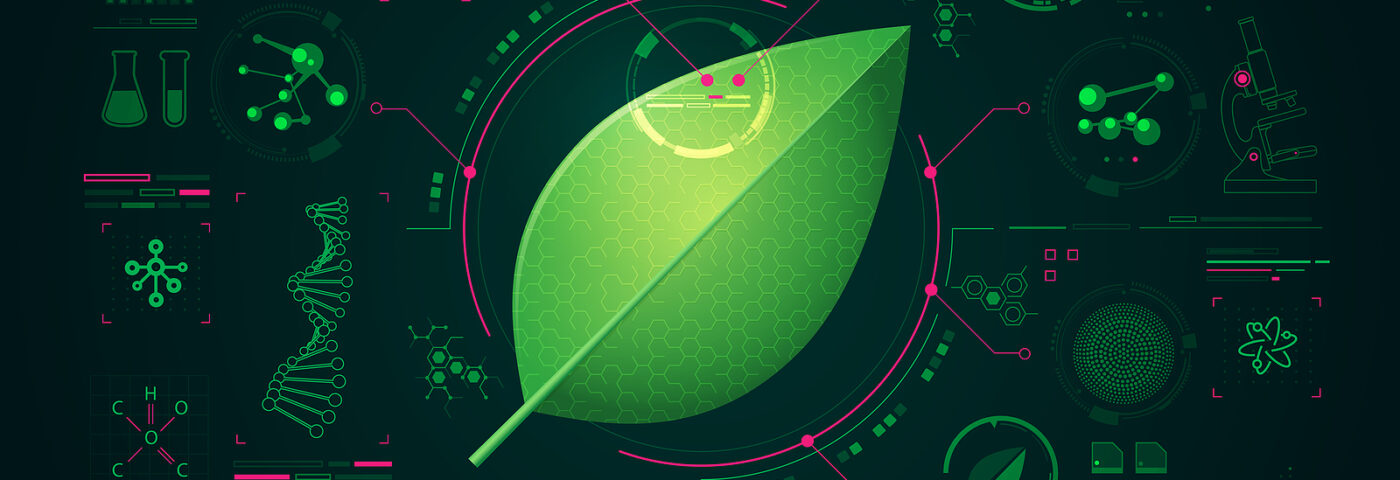Tim Probert, editor of Personal Care Global magazine takes a look at the two of the latest trends in today’s personal care industry: skin microbiome and synthetic biology.
Skin microbiome
Research has discovered the deep connection between microbiota and human skin. The skin is an ecosystem where about 1,000 microbe species live in symbiosis with each other and with the host.
Symbiotic microbes support skin barrier function, modulate immune response protecting the skin against pathogens, allergens and so on.
Since the skin is a finely organised ecosystem, a perfect balance between host and microbe communities exists to preserve homeostasis and wellness.
Disruption of this delicate balance can induce perturbations in skin barrier function, onset of dermatological and scalp disorders. Skin microbiota interacts with keratinocytes and the immune system, thus inducing beneficial responses in the host.
Today’s personal care solutions to leverage the skin microbiome include prebiotics, postbiotics, phages and probiotics.
According to leading players like L’Oréal, the future could include lantobiotics, which are proteins to change behaviour, and endolysins produced by phages.
So-called ‘omics’ – various disciplines in biology whose names end in the suffix -omics, such as genomics – are helping to advance the personal care industry’s understanding to drive targeted and improved performance of skin microbiome ingredients.

Synthetic biology
The personal care market is increasingly driven by demand for more sustainable products, with plastic pollution one of the biggest concerns.
With a greater awareness of environmental damage associated with microplastics and the introduction of restrictions, the cosmetic industry is now moving towards natural alternatives, and is promoting the development of innovative, sustainable and functional replacements.
Ethical matters are also beginning to shape the personal care agenda. These range from demand for animal-free products to wider sustainability issues that have implications for the entire product lifecycle.
Consumers are increasingly concerned about issues like toxicity too. Ingredients that play an important role in many haircare and skincare products like sodium lauryl sulfate, synthetic colours, and phthalates, are under scrutiny.
Recent years have seen accelerated developments in the tools that are fundamental to synthetic biology (synBio).
SynBio is a diverse branch of science encompassing various technologies, from genetic and metabolic engineering to machine learning, big data techniques and biotech manufacturing.
In personal care, it is increasingly used as a tool for producing cosmetic ingredients, including functional active ingredients, bio-surfactants, colourants, flavours and fragrances.
Several biotech companies have used gene editing to successfully generate a microbial palm oil alternative using various strains of yeast. Swiss biotech Evolva employs the technique to develop nature-based flavours, fragrances, and other cosmetics ingredients.
Another biotech firm, Amyris has used genetic engineering to transfer biosynthesis to a different host organism to produce squalene, traditionally derived from shark liver oil and used to improve the spread and absorption of creams and lotions. The Amyris ingredient is now used in its award-winning Biossance skincare range.
Tim Probert is editor of Personal Care Global magazine, which is exclusively focused on raw materials, ingredients and formulations and read widely by formulators and cosmetic scientists worldwide.
Published in both print and digital format ten times per year, along with a weekly e-newsletter, Personal Care Global has over 40,000 targeted readers. The magazine comprises high-quality technical articles written by industry experts, academics, consultants and others.
Topics covered in depth include: skin care, sun care, hair care, colour cosmetics, anti-ageing, natural/sustainable ingredients, preservatives, waterless formulations, trending technologies and many more.
Enjoyed this article? Get more by subscribing to our newsletter!

